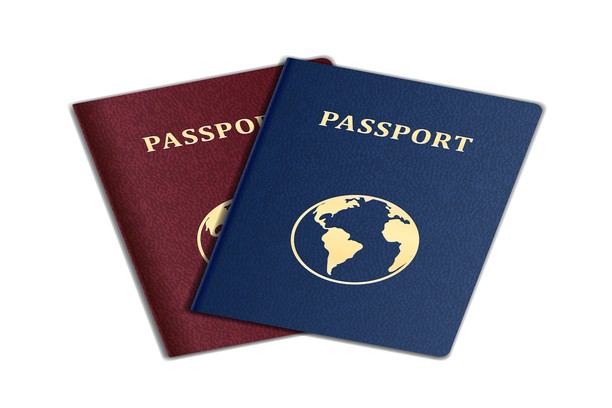

Becoming a Canadian citizen is a proud moment for many immigrants. But if you’ve already got citizenship in another country, a big question often comes up: Can I keep both? In Canada, the answer is yes—Canada allows dual citizenship. That means you can be a citizen of Canada and another country at the same time.
Still, it’s not always that simple. Every country has its own rules about citizenship, and while Canada is flexible, your home country might not be. In this 2025 guide, we’ll help you understand what dual citizenship means, how it works in Canada, and what immigrants need to consider before applying.
Dual citizenship means you are legally recognized as a citizen of two countries at the same time. This gives you the rights and responsibilities of both countries—such as the right to vote, live, work, and travel on each country’s passport.
Canada has allowed dual citizenship since 1977. If you become a Canadian citizen in 2025, you are not required to give up your existing citizenship—unless your home country has rules that don’t allow dual citizenship.
This is one of the most important things to check before you apply. While Canada allows it, some countries do not. If your home country doesn’t accept dual citizenship, you could lose your original citizenship automatically when you become Canadian.
For example:
So, before applying for Canadian citizenship, contact your country’s embassy or immigration office (while still avoiding naming specific sources publicly). They can explain how your home country handles dual citizenship in 2025.
There are many advantages to holding citizenship in two countries:
• Two Passports:
You can travel more easily between both countries, and in many cases, you’ll enjoy visa-free access to more nations.
• Access to More Services:
You can benefit from public services like healthcare, education, and social programs in both countries (depending on eligibility).
• Property and Investment Rights:
Some countries limit property ownership to citizens only. Dual citizenship could allow you to own property in both places or enjoy other financial benefits.
• Family Connections:
Having ties to two countries can make it easier to stay connected to family or support them with sponsorship, especially when applying for visas or immigration for relatives.
Dual citizenship is not just about benefits—it comes with extra responsibilities too.
• Taxes:
Some countries tax their citizens even if they live abroad. If your home country has global tax rules, you might need to file taxes there as well as in Canada.
• Military Service:
Some countries require all citizens, including dual nationals, to serve in the military. You could still be called to serve depending on your age and gender.
• Legal Obligations:
When in your home country, you may be treated only as their citizen—even if you're also Canadian. This means Canadian consulates may not be able to help you in some legal matters while you're there.
• Passport Use:
Canada expects you to use your Canadian passport when entering or leaving the country once you're a citizen, even if you also hold another passport.
If you're a permanent resident and thinking about dual citizenship in 2025, you’ll first need to apply for Canadian citizenship. Here's a simplified overview of what you need:
Once approved, you’ll take the citizenship oath and receive your certificate, officially becoming Canadian.
Related Content:
■ Understanding the Difference Between Canadian Permanent Residency and Citizenship
After getting Canadian citizenship, you become a full citizen with all the rights and freedoms granted by Canadian law. This includes:
You don’t have to give up your original passport unless your home country demands it. Many dual citizens travel back and forth, live between two places, or even retire in one country and work in the other.
Yes, you can choose to renounce your citizenship in one country if you no longer wish to hold dual status. This may be helpful if:
Renouncing is a personal choice and should be considered carefully, especially if it could affect your family, property, or future travel plans.
Dual citizenship offers flexibility and opportunity, especially in a diverse country like Canada. In 2025, Canada continues to support immigrants who want to become full citizens without letting go of their heritage or existing nationality.
But every case is different. Before applying, make sure you fully understand how your home country views dual citizenship and whether it aligns with your personal goals. If the benefits outweigh the challenges, holding two citizenships can give you the best of both worlds—a proud connection to Canada, and to the place you first called home.
Having an 'Identity Verified' badge or being 'Identity Verified' simply indicates that an individual has submitted information to complete our identity verification process or we have conducted internal verification using various authorized websites. While this process includes safeguards, it does not guarantee that the person is who they claim to be.
If you encounter any issues with this profile, please report them here. While all consultants who are verified have RCIC ID, we may not have the latest data in terms of their renewal/cancellation/discontinuation of their RCIC ID.
The "Verified Consultants" profiles are created using publicly available information, including data from the IRCC website, official consultant sites, other listing platforms, and social media. Immiperts.com is an independent platform, not affiliated with IRCC or any registered immigration consultants. To update, claim, or remove your profile, please contact us at [email protected].
╳